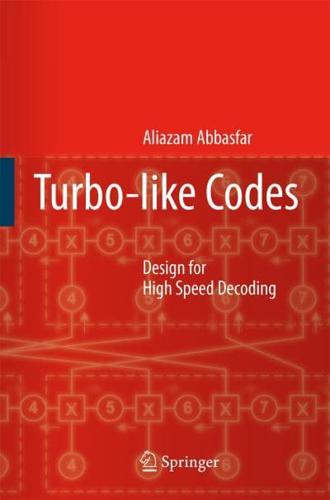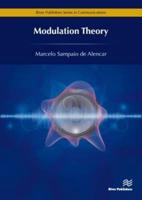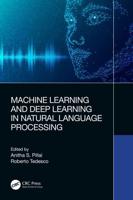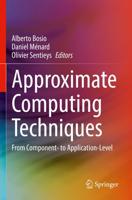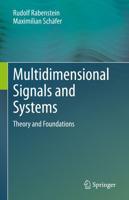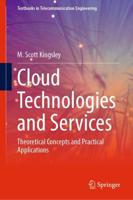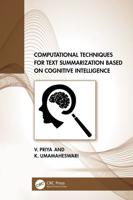Publisher's Synopsis
The common property among turbo-like code is that they consist of very simple constituent codes that are connected to each other with random or pseudorandom interleavers. The crucial novelty in these codes is the iterative decoding. This means that the constituent codes are decoded separately, which is ef?cient and practically feasible since they are very simple codes. Then, they pass new information to each other in a course of a few iterations. It has been shown that iterative decoding is a generalization of the well-known probability or belief propagation algorithm. The belief propagation algorithm that has been essential for development of new ideas throughout this work is described in the context of coding. The basic theorems for this algorithm are explained and proven in the following paragraphs. Thisis then followed by a description of the computational algorithm. The probability propagation algorithm is proven in c- junctionwithatree-structuredgraph-graphswithoutanycycle.Infact,thegraphical representation of any problem solved by this algorithm is the centerpiece of the algorithm. The generalization of the algorithm for graphs with cycles is presented later on. Representation of codes on graph is the next step towards characterization of the iterative decoding as an example of the probability propagation algorithm. The graph representations are presented for a few codes that are commonly used in turbo-like codes.


